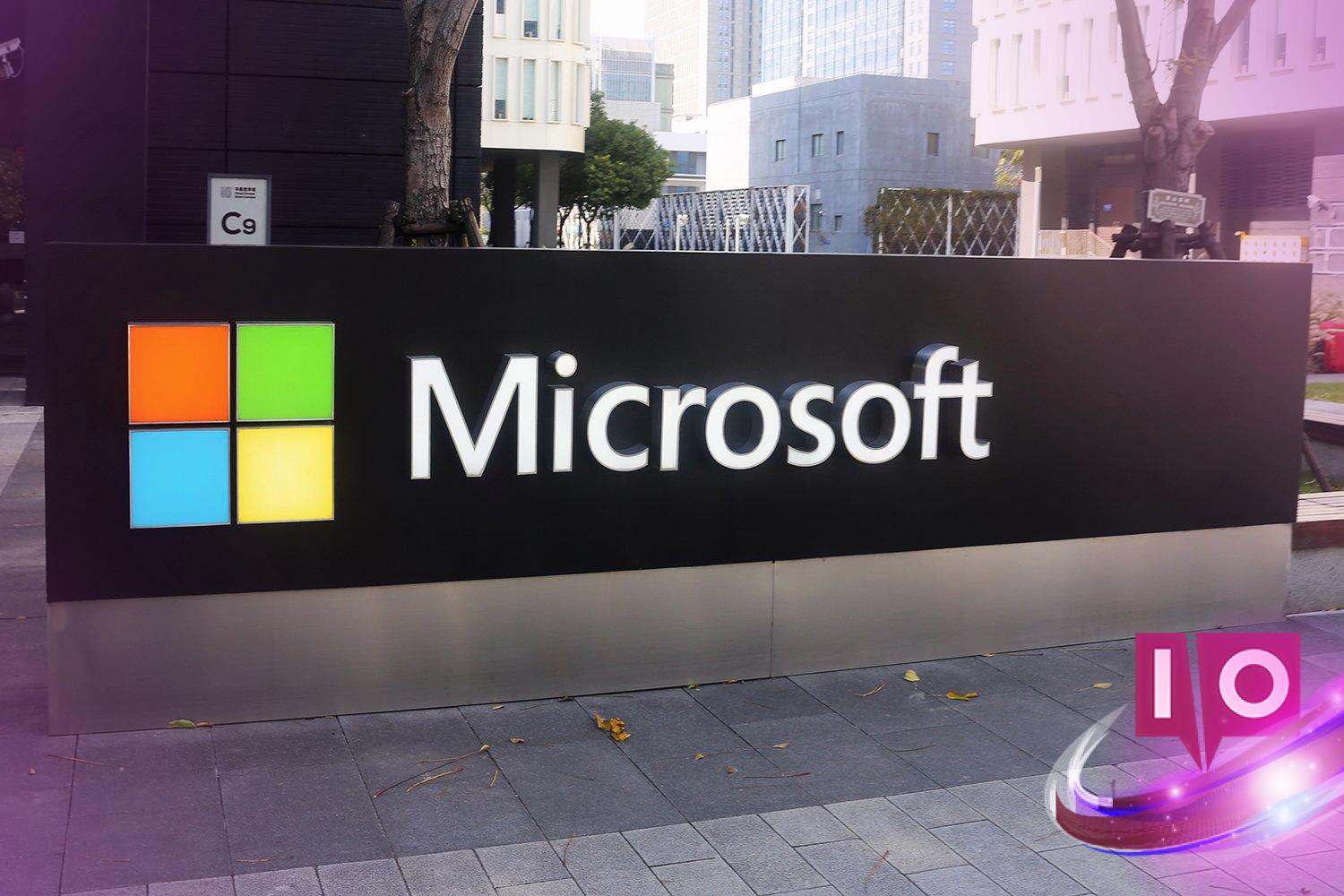As the situation in Gaza escalates, growing unrest surrounds Microsoft and its ties to the Israeli government. Activists are rallying for the tech giant to reconsider its relationships, particularly as claims surface regarding its support of surveillance initiatives in the region. Just this week, Microsoft’s headquarters faced a lockdown as employees staged a sit-in protest in the office of President Brad Smith.
This protest unfolded live on Twitch, capturing a wide audience. Participants displayed banners and used noisemakers, passionately chanting, “Brad Smith, you can’t hide, you’re supporting genocide!” One provocative poster read, “The People’s Court Summons Bradford Lee Smith on Charges of Crimes Against Humanity,” underscoring the gravity of their message.
Law enforcement responded promptly, enforcing a lockdown in Building 34 around 2:45 PM and monitoring the premises closely. The Seattle Times reported that police set up a command post nearby to manage the situation, with officers working overtime to ensure safety amid the escalating tensions.
This protest follows recent revelations from a Guardian report suggesting that Israel’s Unit 8200 has employed Microsoft’s Azure cloud servers for an extensive surveillance operation targeting Palestinians. The report claims that a special arrangement allowed the intelligence unit access to a tailored area within Microsoft’s cloud infrastructure, facilitating a system designed to capture millions of phone call recordings daily.
In a response to these allegations, Microsoft acknowledged that the report raises serious concerns that warrant an thorough examination. In a previous press conference, Brad Smith characterized the report as “fair,” emphasizing the need to investigate its claims further, as stated in a Gizmodo article.
Activism directed at Big Tech’s entanglements with the Israeli government is on the rise, not only aimed at Microsoft but also involving other tech giants like Amazon and Google. Some employees have faced repercussions for their activism, with reports of dismissals following protests. Last week alone, dozens occupied Microsoft’s campus for two days, resulting in multiple arrests.
How does a company’s policy impact its public perception during international conflicts? The decisions made by corporations, such as Microsoft’s, can significantly influence their reputation and consumer trust in turbulent times.
Is it common for corporate employees to protest against governance policies? Yes, many employees are increasingly mobilizing to voice their concerns regarding their companies’ political and ethical stances, particularly when international issues are at stake.
What actions can companies take to address employee concerns during such crises? Companies ought to engage with their employees, listen to their concerns, and consider implementing transparent policies that reflect their values and the values of their workforce.
In times of corporate accountability, the public’s demand for transparency from companies like Microsoft is more pressing than ever. Vigilant advocacy and impactful protests serve to remind the corporate world of their responsibilities not only to their shareholders but also to the broader global community.
For those interested in exploring more about the intersections of technology, ethics, and international relations, keep engaging with our content. Discover more insights at Moyens I/O.
